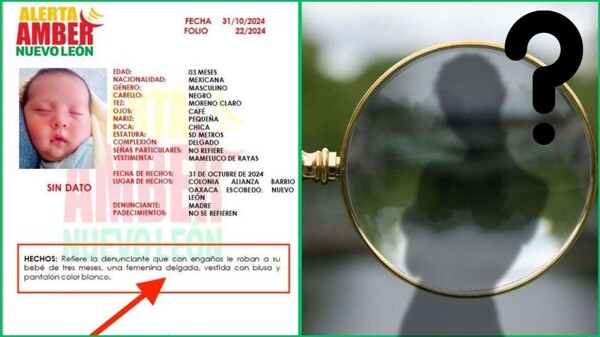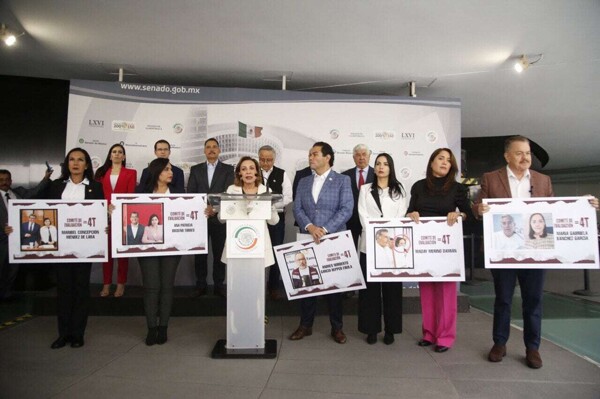
Political parties will have 7 billion 354 million pesos to spend during 2025 on ordinary and specific activities, according to the agreement approved by the National Electoral Institute (INE) in the extraordinary session on Wednesday, October 30.
From this fund, Morena will have 2 billion 486 million 307 thousand pesos; the National Action Party (PAN), 1 billion 233 million 624 thousand pesos; the Institutional Revolutionary Party (PRI), 933 million 827 thousand pesos; and Citizens' Movement, 921 million 317 thousand pesos. The INE allocated to the Green Ecologist Party of Mexico (PVEM) 790 million 910 thousand pesos and to the Labor Party (PT), 637 million 416 thousand pesos.
Additionally, among the political institutes, a fund of 210 million 102 thousand pesos is distributed for specific activities, such as the political leadership of women; 140 million 068 thousand pesos for postal franchise; and 693 thousand 492 pesos for telegraphic franchise.
Councilor Dania Ravel, president of the Commission on Prerogatives and Parties, recalled that the distribution of resources is done according to the formula established in the Constitution; that is, for ordinary and specific activities, 30% is distributed equally and 70% according to the votes obtained in the last federal election.
Regarding specific activities, Ravel highlighted the strengthening of women's political leadership, according to the General Law of Political Parties, and criticized that parties continue to resist complying with this regulation.
For his part, Sergio Gutiérrez Luna, representative of Morena before the INE, reiterated that the funding formula is "excessive" and that his party is promoting an electoral reform to modify it.
"We have promoted in several legislatures a reduction of political parties' funding by half, and we will continue to insist on this; at the right time, we will also present a constitutional reform to again insist that we can reduce funding to political parties."
The budget for parties is part of the 40 billion that the INE plans to request from the Chamber of Deputies, of which 13 billion would be for the judicial election.














